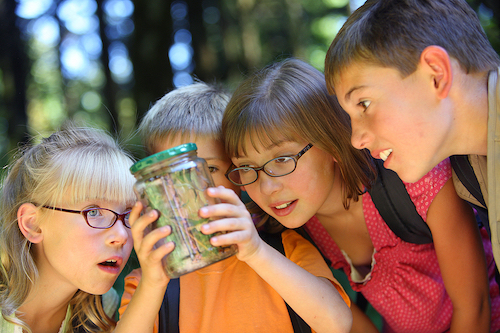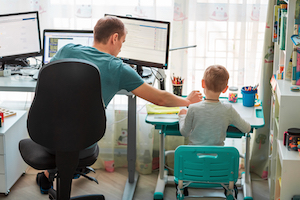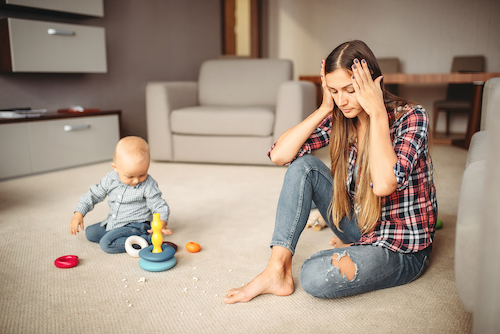February 28, 2024
by Elizabeth Pratt

Teenagers who grow up in large families have poorer mental health than their peers who grew up in a family with fewer siblings.
Researchers from Ohio State University found that in an analysis of children growing up in the US and China, a larger number of siblings had ramifications for the mental health of teenagers.
[More]
December 22, 2023
by Elizabeth Pratt

Parents are feeling the pressure this holiday season.
Data from the C.S. Mott Children’s Hospital National Poll on Children’s Health at University of Michigan Health found one in five parents think their children have unrealistic expectations of the holiday, and one in four parents admit they themselves set overly idealistic expectations for the holidays.
[More]
December 21, 2023
by Elizabeth Pratt

Adults across the country are feeling festive but overwhelmed this holiday season.
A new poll by the American Psychological Association found 89% of respondents are stressed about not having enough money for the holidays, missing loved ones and family conflict.
[More]
October 11, 2022
by Patricia Tomasi

A new study published in Child Development looked at whether older children verify adult claims because they are skeptical of those claims. “When children between four and seven years old are told something surprising, for example that a smaller object is heavier than a much larger object, they will frequently pick up those objects,” study author Samuel Ronfard, Assistant Professor of Psychology at the University of Toronto at Mississauga told us. “Older children engage in such exploratory behavior more frequently than younger children.”
[More]
November 30, 2021
by Elizabeth Pratt

Providing social support to others could be good for your health.
A study published in Brain, Behavior and Immunity by researchers at Ohio State University found that those who have positive social relationships in which they are available to provide support to others had lower levels of inflammation.
[More]
November 28, 2021
by Elizabeth Pratt

The reason why siblings with the same upbringing and genetics can exhibit such different behavior has long puzzled psychologists, neuroscientists and researchers alike.
Now, a team of researchers from the universities of Bath and Southampton in the UK may have an answer as to why some siblings from the same family may develop antisocial behavior when others do not.
[More]
July 30, 2021
by Elizabeth Pratt

Parents experiencing financial hardship may talk less with their kids.
Recent research from the University of California Berkeley found that economic context may be to blame for the “word gap”, where children from lower income households have heard millions of fewer words than their more affluent peers by kindergarten.
[More]
July 21, 2021
by Elizabeth Pratt

Strong family relationships gives teenagers greater empathy for their friends.
Research published in Child Development found that teenagers who had supportive and secure family relationships had greater empathy for their peers.
[More]
June 23, 2020
by Patricia Tomasi

A pair of new studies conducted on behalf of the not-for-profit Canadian Men’s Health Foundation (CMHF) looked at how COVID-19 is affecting fathers in Canada. “The impact of stress resulting from an unexpected change on the health and well-being of men and fathers was under reported in the research and media landscape,” Joanne Watson of the CMHF told us. “We wanted to understand more than just anecdotal information, such that men, and fathers in particular, were being impacted by the public health measures, including the economic, social and cultural restrictions."
[More]
September 30, 2019
by Elizabeth Pratt

Not all parenting tasks are fun. Now researchers have found the context in which parents do childcare activities could impact happiness and stress levels.
[More]